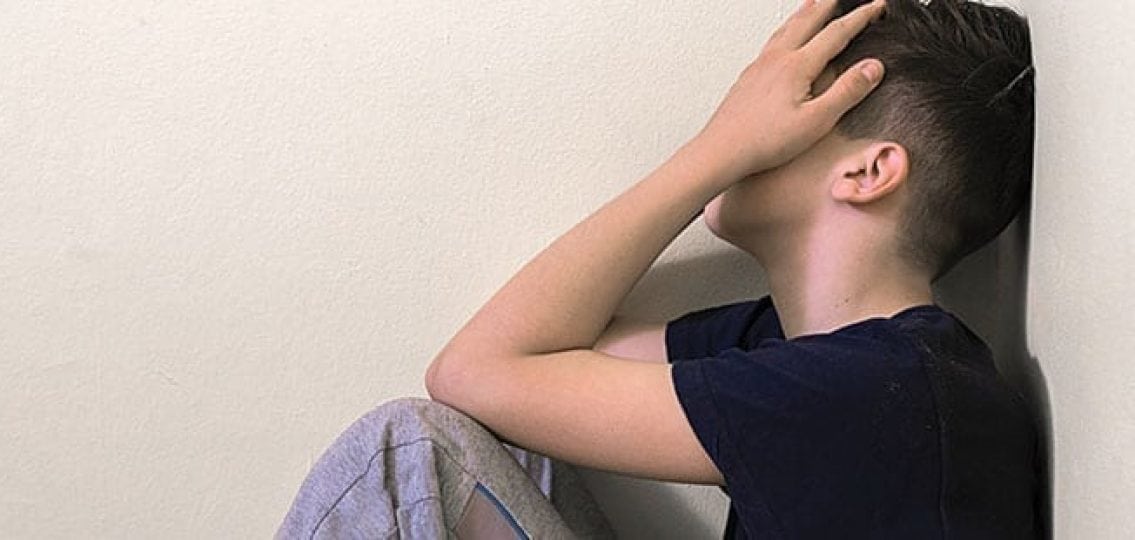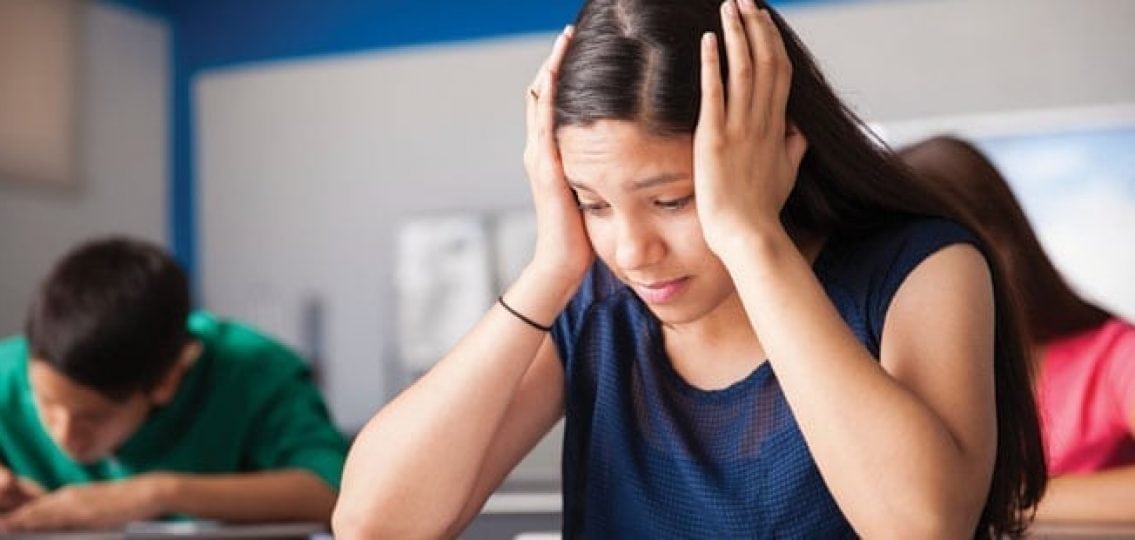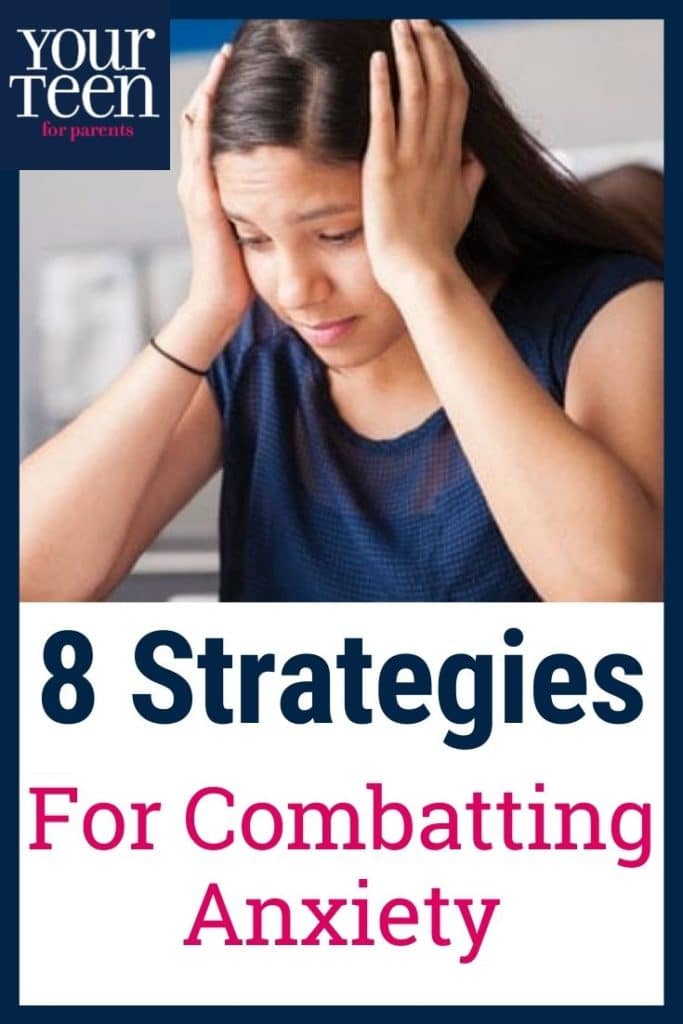Teenagers have always faced unique challenges on their journey to adulthood, but the coronavirus has introduced new complications. If your teen has an anxiety disorder, you might notice their symptoms worsening. If they previously seemed mentally healthy, you might notice worrisome changes.

How to Help Teens with Anxiety in 2020
From the uncertainty about what the coming school year will look like to feelings of loneliness brought on by being separated from their social circles, teens are coping with concerns that they have never experienced before. If your teen has 2020 anxiety, here are some tips and strategies the experts recommend.
1. Validate their emotions
Avoid speaking in empty platitudes like, “This, too, shall pass.” To the teenage brain, time seems to stretch ahead of them and the current crisis can feel endless. Statements like, “What do you have to worry about? You’re only 16,” can invalidate their emotions and shame them. Instead, show support. You can say, “I understand that you feel anxious—you have every reason. What is bothering you the most?” These words open the door to further communication and talking about concerns can help ease anxious thoughts.
2. Stick to a schedule
During uncertain times, a routine offers a valuable sense of structure. While your teen’s school year may look different this fall, try to give your teenager a schedule to follow, whether they’re learning online or adjusting to new regulations at school. When they have a set routine to follow, it provides them with security and purpose they may struggle to feel otherwise.
3. Set limits on media use—for everyone
If your teenager checks news broadcasts and social media feeds every few minutes, they could exacerbate their anxiety symptoms. Mental health professionals recommend scrolling less than 30 minutes per day. Monitoring device use continuously is unrealistic, but you can set a positive example by limiting your usage and suggesting alternatives to watching the news, such as enjoying a lighthearted movie together.
4. Encourage a variety of healthy distractions
Video games take a lot of flack, but they offer a necessary distraction for teens with pandemic anxiety. If your teenager needs a distraction, it’s okay to indulge them within reason. Encourage other hobbies and activities in addition to digital escapes, such as reading, journaling, creative projects, cooking or exercise. It’s also important to help your teen find other support and maintain their social lives by organizing virtual or socially distanced get-togethers with their friends or family.
5. Take care of their physical needs
When it comes to dealing with teen anxiety, tending to their physical needs can help. Ensure they eat a variety of healthy foods rather than snacking on junk all day. It’s also important to be aware if they’re skipping meals or under-eating because of anxiety. Encourage them to exercise regularly, enforce regular bedtimes, and try to have meals together.
6. Stay aware of their mental health
If your morning-person teen starts sleeping till noon, pay attention. Likewise, if they previously took pride in making the dean’s list, but their grades begin to slip, open a dialogue about what might be going on with them.
7. Manage your own self-care
It’s challenging to know how to help your teen cope with pandemic anxiety when you might be feeling anxious yourself. If you’re struggling during the pandemic too, speak honestly about your emotional state and encourage your teenager to do the same. If your teen sees you using healthy coping mechanisms, they’ll feel more able to manage their anxiety, as well.
8. Connect your teen with therapeutic resources
If you are concerned about your teen’s anxiety, don’t hesitate to reach out to professional resources. If finances are a concern, contact your child’s school or pediatrician for free or low-cost youth counseling services.

There’s no doubt that guiding an anxious teen toward a calm and positive mental state is challenging right now, given the unique circumstances. Using these tips, and reassuring your teen that they are not alone in their feelings, can help ease their pandemic anxiety and give you peace of mind.
Additional resources for helping teens cope with pandemic anxiety:
https://www.gatewayfoundation.org/addiction-blog/mental-health-and-connection-during-uncertainty/
https://childmind.org/article/anxiety-and-coping-with-coronavirus/





